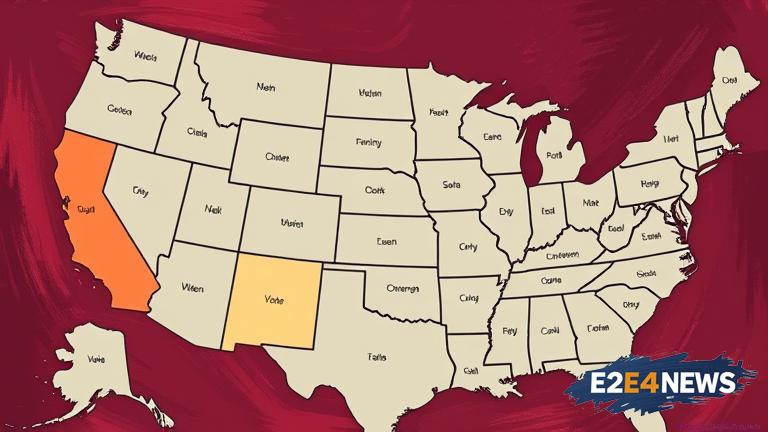The US Department of Justice, led by the Trump administration, has recently made a request to states across the country to provide them with voter lists. This move has sparked controversy and raised concerns among voting rights advocates and state officials. The request, which was made in a letter sent to states, asks for the lists to be turned over in order to investigate alleged voter fraud. However, many are skeptical of the true intentions behind the request, citing concerns about voter suppression and the potential for the lists to be used to target specific groups of voters. The request has been met with resistance from some states, with officials arguing that the lists are not necessary for the investigation and that the request is an overreach of federal authority. Others have expressed concerns about the security of the lists, which contain sensitive information about voters, including their names, addresses, and voting history. The request has also raised questions about the role of the federal government in state elections, with some arguing that it is an attempt to exert control over the electoral process. The Trump administration has been accused of trying to suppress voter turnout, particularly among minority groups, through various means, including voter ID laws and gerrymandering. The request for voter lists has been seen as another attempt to restrict access to the ballot and undermine the integrity of the electoral process. Despite the concerns, some states have already begun to comply with the request, turning over their voter lists to the federal government. However, others have refused, citing concerns about the potential for the lists to be used for nefarious purposes. The controversy surrounding the request has highlighted the ongoing debate about voting rights and election integrity in the US. The issue has sparked a national conversation about the importance of protecting the right to vote and ensuring that elections are free and fair. As the investigation into alleged voter fraud continues, it remains to be seen how the request for voter lists will impact the electoral process and the rights of voters across the country. The US Department of Justice has defended the request, arguing that it is necessary to investigate allegations of voter fraud and ensure the integrity of the electoral process. However, critics argue that the request is a thinly veiled attempt to suppress voter turnout and undermine the democratic process. The controversy has also raised questions about the independence of the US Department of Justice and its ability to conduct impartial investigations. As the debate continues, it is clear that the request for voter lists has significant implications for the future of voting rights and election integrity in the US.
